Students in Community Science blog posts
These blog posts are part of Students in Community Science, a series of Thriving Earth Exchange articles featuring students who have had internship, educational or volunteer experiences in community science.
14 September 2018
Haley Gannon – Translating a Pivotal Internship Experience into a Satisfying Career
When I first came to the Thriving Earth Exchange, I was relatively new to the idea of community science. My experience up […]
13 September 2018
Shahan Haq – Adapting to Life after Adaptation Analytics: Reflection from an Intern
During an atmospheric chemistry course I took a few years ago, the professor would pause his lecture before major discoveries in the […]
11 September 2018
Babak J. Fard – Insights from an Interdisciplinary Community Science Experience
The Brookline, Mass. Thriving Earth Exchange project “Building Community Resilience to Extreme Heat” started in February 2016 with several initial meetings […]
10 September 2018
Angela Dapremont – How Studying Mars is Relevant to Helping Earth’s Communities
I was fortunate to have a unique Thriving Earth Exchange internship experience during the summer and fall months of 2015. I started from scratch by familiarizing myself with the definition of community science, and ended up participating in the 2015 AGU Fall Meeting Thriving Earth Exchange events. […]




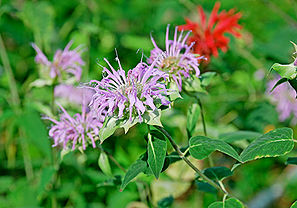
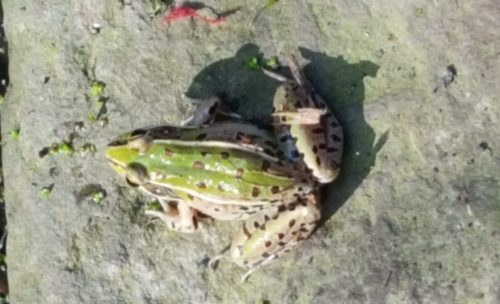
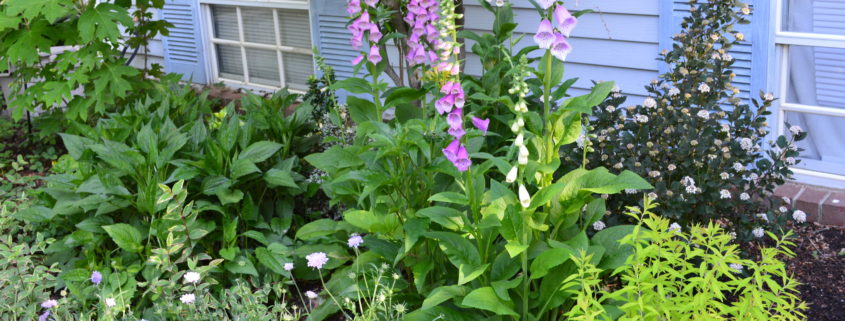

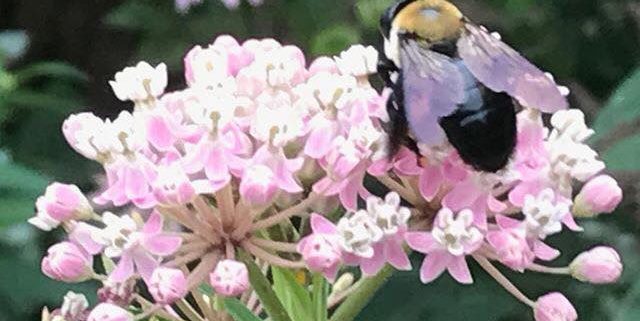

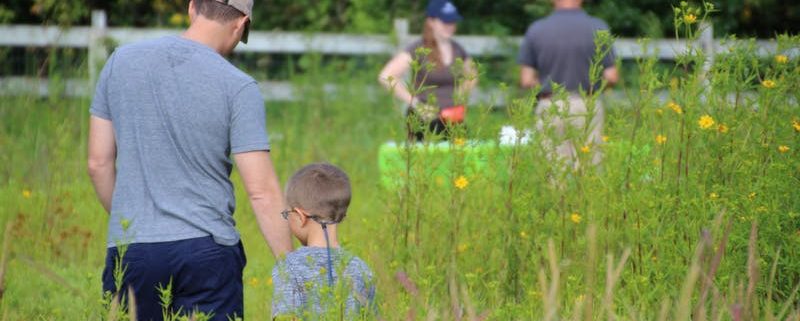
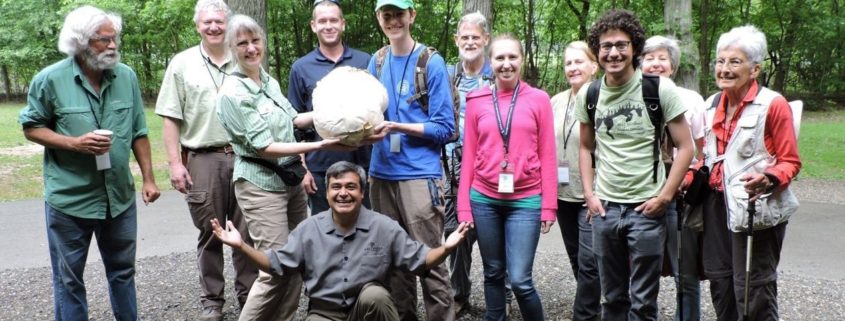

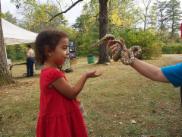 and reptiles. Arts and crafts and fun for the whole family will be included! The event is co-sponsored by The
and reptiles. Arts and crafts and fun for the whole family will be included! The event is co-sponsored by The